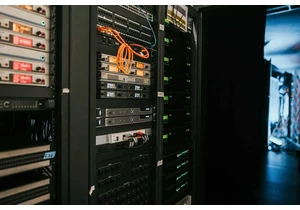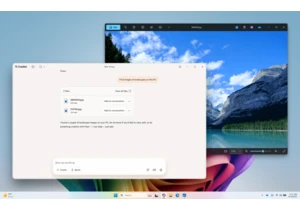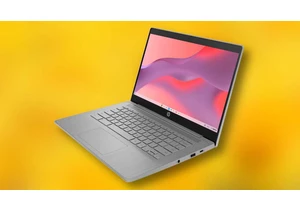Power users have abused browser tabs ever since browser tabs became a thing. But modern browsers eat memory like some kind of Japanese folkloric demon, and thus need some way of semi-automatically managing a user’s tendency to open tabs and leave them open. Such is the case with the latest version of Microsoft’s Edge browser, now passing version 100. The newest implementation of “sleeping” tabs saves even more memory and performance.
According to a Microsoft blog post (spotted by Bleeping Computer), the refreshed implementation allows tabs that are sharing a browser window to sleep as well, resulting in an 8% increase in the amount of “slept” tabs on average. The sleeping tab feature is based on code from Chromium, which Edge now uses as a base, but it’s been improved in this specific instance. Since each tab that’s put to sleep saves almost all of the memory and processor power previously assigned to it, that can add up to a dramatic performance improvement. Microsoft
Microsoft has also added a visual interface to show exactly how much the sleeping tab feature can save you in terms of system memory. You can find it by clicking on “Performance” under the main “…” options menu. https://www.pcworld.com/article/631267/edge-tweaks-its-sleeping-tabs-for-better-performance.html
Login to add comment
Other posts in this group

How badly does AI harm the environment? We now have some answers to t

It’s been seven months since Nvidia launched its flagship RTX 5090 ca


Samsung’s monitors tend to come with a bigger price tag than a lot of

Life is noisy and hectic, and sometimes you just want to focus on wha

The most exciting thing about the ROG Xbox Ally handheld, at least fo

As another year of school kicks off, you may be scrambling for a dece
